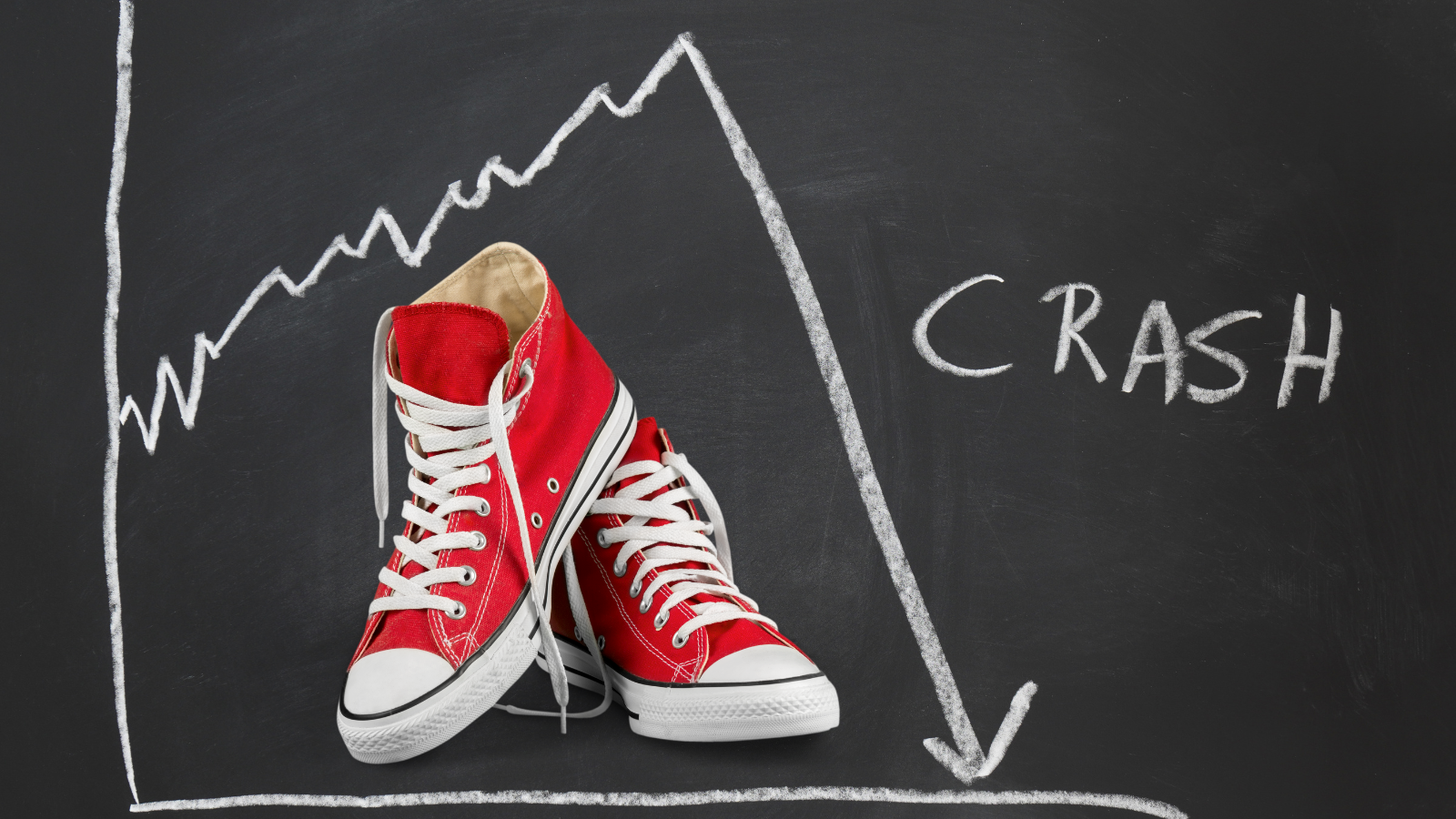Kavya Wadhwa
Nuclear and High Energy Physics
Sneaker Market: The hype before the explosion!

Purchasing items just for their rarity does not justify their value; it is a heinous act. People nowadays are severe about sneaker collections, and donning the label of sneaker collector to hobnob is vexing. People are increasingly classifying sneakers as an investment with Möbius returns, and this is a point of debate.
If something has no tangible worth, such as precious metal, diamonds, or the perfected craft of many hours, then buying things to double your money is a shambolic annoyance. Your shoe is nothing more than a machine-made piece of leather and nylon with a swoosh on it.
If you are suddenly attacked by a disaster, a recession, or a war, instead of displaying their collections, people will buy foodstuffs to survive on, and the inflated market will see a shower of red ink. The NFT crash is a perfect illustration of where this inflated market is heading.
We can see a massive market for collectibles, but those are backed up by value, not just celebrity hype or exclusivity. Take the watch market for example, a collectible watch is backed up by the worth of some rare metals and stones, they show the fine example of artistry and engineering, you can sell that watch to a non-collector and still make a massive sum just because the prices of those gold platinum pieces or precious stones have enhanced.
When I try to convey this to my friends who have burned their wealth investing in shoes, they frequently retort, “How do you view the Scotch collection then?” What about Persian rugs? Will their value dwindle?
Whiskey is distilled for decades; the age spent in a barrel determines the actual worth of a whiskey, and the price is here backed by time.
Furthermore, Persian rugs bequeath a tradition; they are handcrafted artifacts that take a massive amount of time and craftsmanship, and it is very rare to find a thousand copies of the same rug, and each rug has a story behind it. Their value is determined by their story, workmanship, culture, exclusivity, and endless hours.
